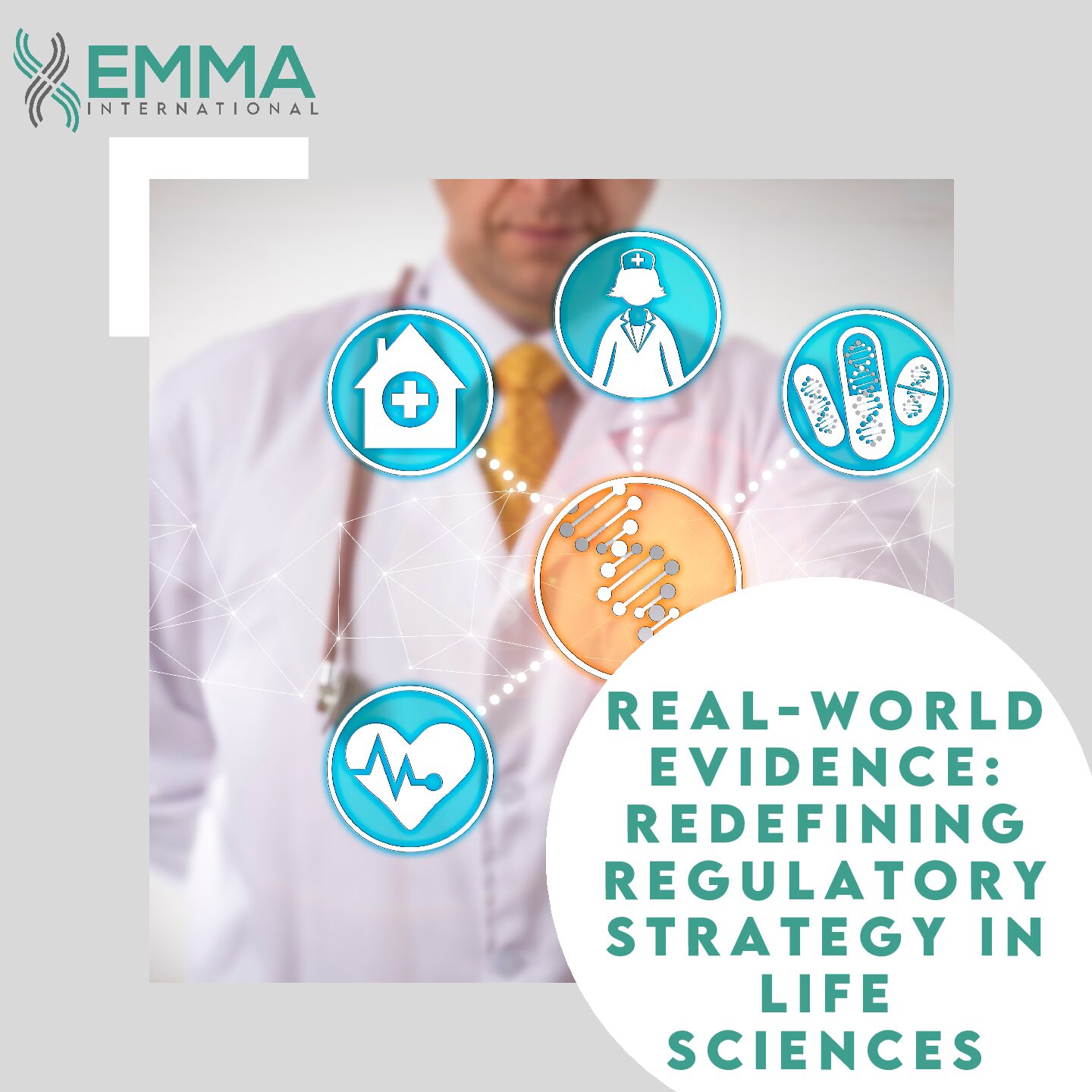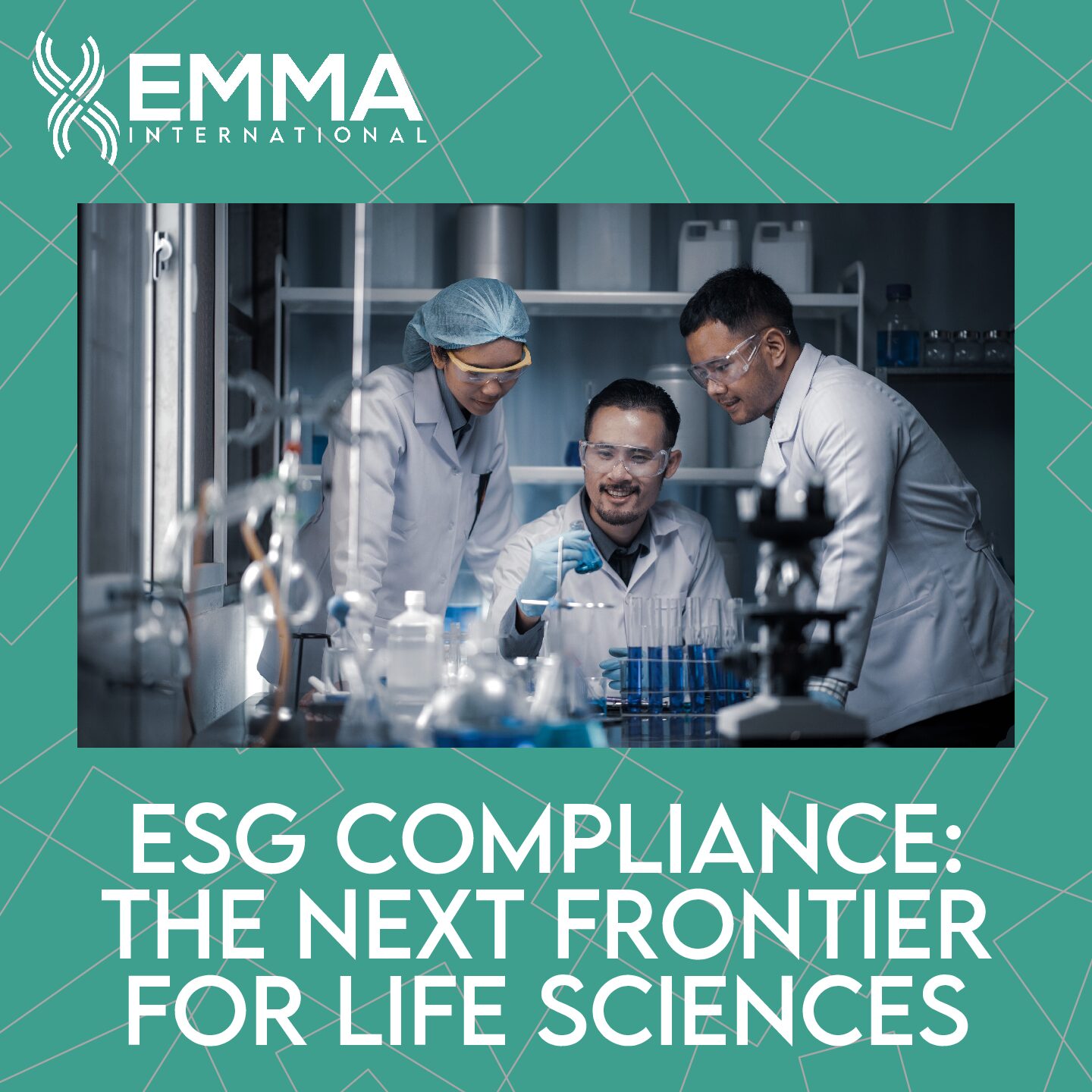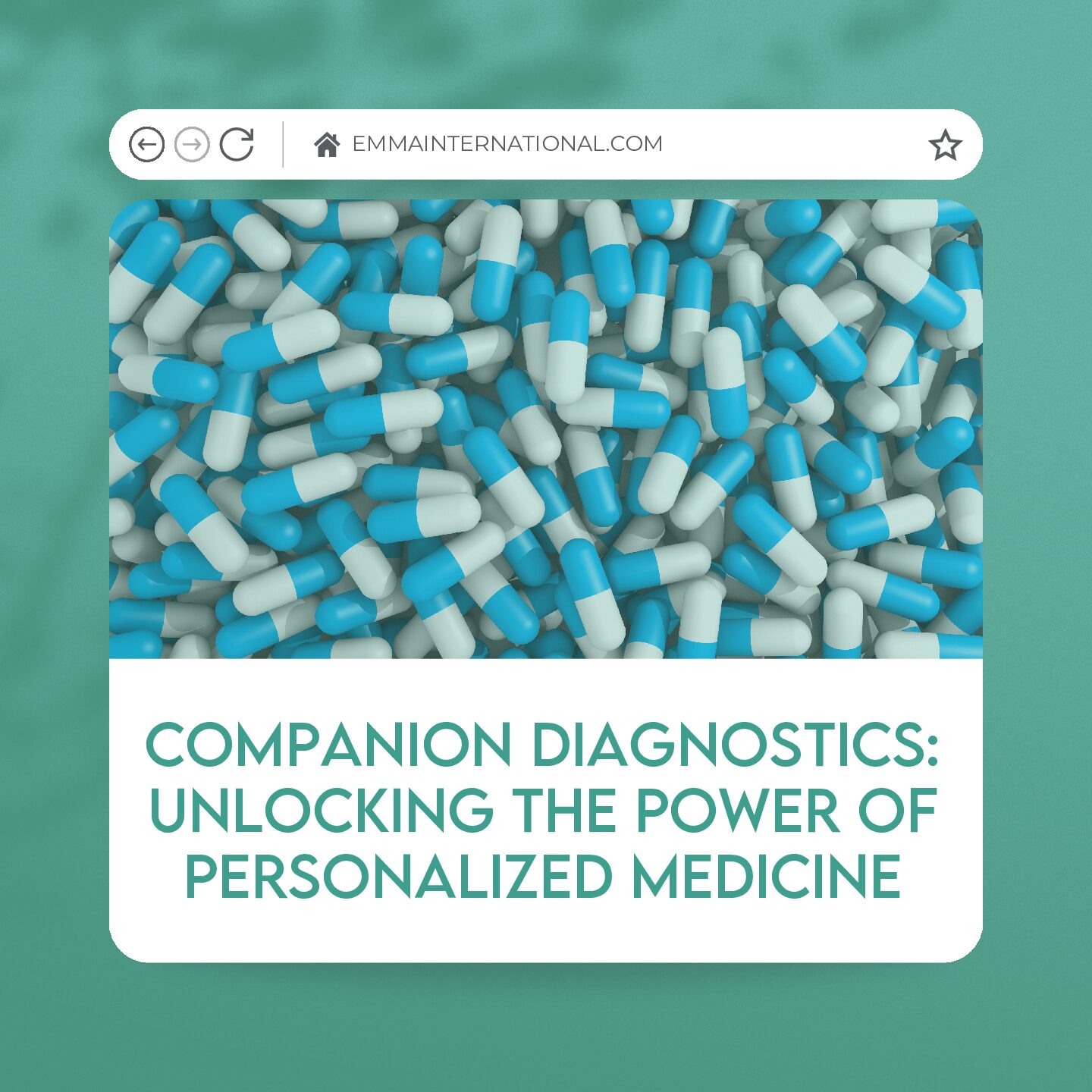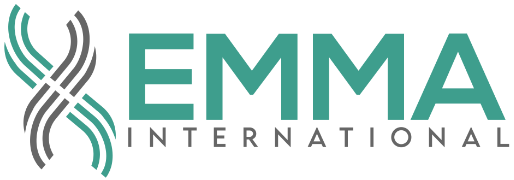Food contact materials (FCMs) are materials and articles intended to come into contact with food. These can range from packaging materials, containers, machinery, kitchenware, to even the coatings and seals used in food storage. Given their direct impact on food safety and quality, the regulation of these materials is crucial. This blog will discuss how the FDA regulates food contact materials to ensure the protection of public health.
Food contact materials encompass any materials that are intended to come into direct or indirect contact with food. This includes:
- Packaging Materials: Plastics, paper, glass, metals, and coatings used in packaging.
- Processing Equipment: Machinery and tools used in food manufacturing and processing.
- Kitchenware and Tableware: Utensils, containers, and cookware used in food preparation and serving.
- Adhesives and Inks: Substances used in labeling and packaging that may come into contact with food.
The FDA regulates food contact materials under the Federal Food, Drug, and Cosmetic Act (FD&C Act). The primary goal is to ensure that these materials do not adulterate food, meaning they should not transfer harmful substances to food in quantities that could be harmful to human health.
A Food Contact Substance Notification (FCN) is a premarket notification to the FDA about a new food contact substance (FCS) intended for use in materials that will come into contact with food. Manufacturers must submit detailed information about the FCS, including its chemical composition, intended use, and results from safety studies.
The FDA evaluates the safety of the substance based on the provided data. If the FDA does not object within 120 days, the substance is considered safe for its intended use.
Approved FCNs are publicly listed on the FDA’s website, providing transparency and ensuring that all stakeholders are informed about safe FCMs.
Indirect food additives are substances that may become part of food through contact with FCMs. The FDA has established specific regulations for various types of materials, such as plastics, adhesives, and paper, under Title 21 of the Code of Federal Regulations (CFR). These regulations specify allowable substances and conditions of use.
Manufacturers must ensure that their products comply with these regulations. Non-compliance can lead to enforcement actions, including product recalls and legal penalties.
Threshold of Regulation (TOR) exemptions are granted for substances used in FCMs that are expected to result in very low dietary exposures and are deemed to pose negligible risk. Manufacturers can petition the FDA for a TOR exemption by providing data to demonstrate that the substance meets the criteria for exemption.
The FDA’s regulation of food contact materials is a critical component of ensuring food safety and public health. Through mechanisms such as Food Contact Substance Notifications, indirect food additives regulations, Threshold of Regulation exemptions, and Good Manufacturing Practices, the FDA provides a comprehensive framework to evaluate and monitor the safety of these materials.
Do you need help with compliance for your food contacting material, substance, or food additive? Contact the experts at EMMA International! Call us at 248-987-4497 or email info@emmainternational.com to learn more.
FDA (June 2023) Food Packaging & Other Substances that Come in Contact with Food retrieved from: https://www.fda.gov/food/food-ingredients-packaging/food-packaging-other-substances-come-contact-food-information-consumers






